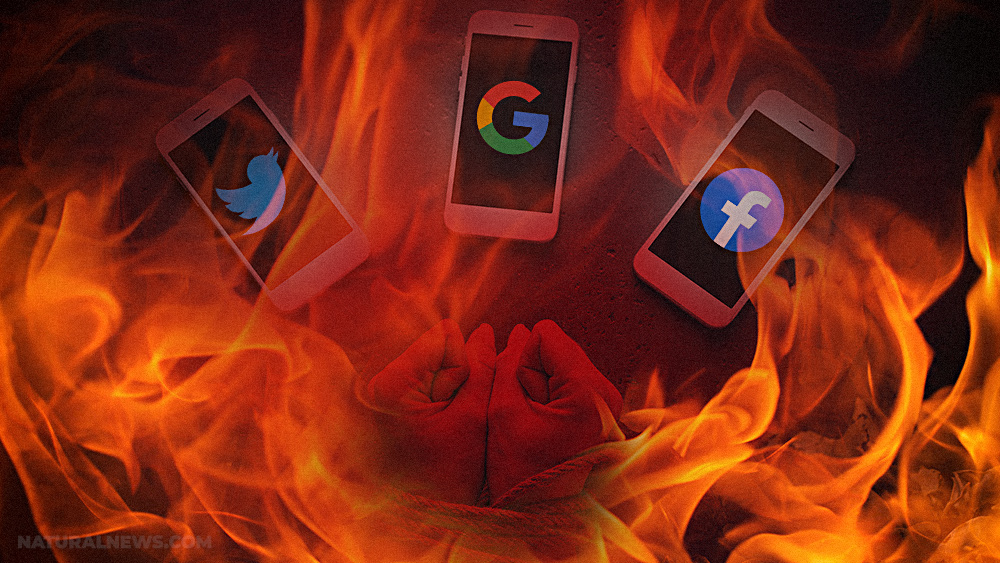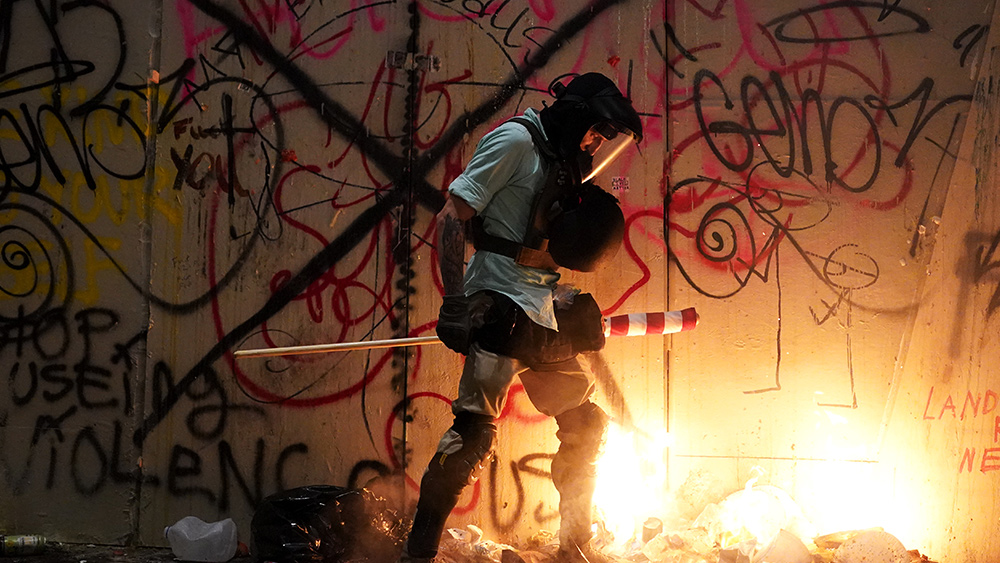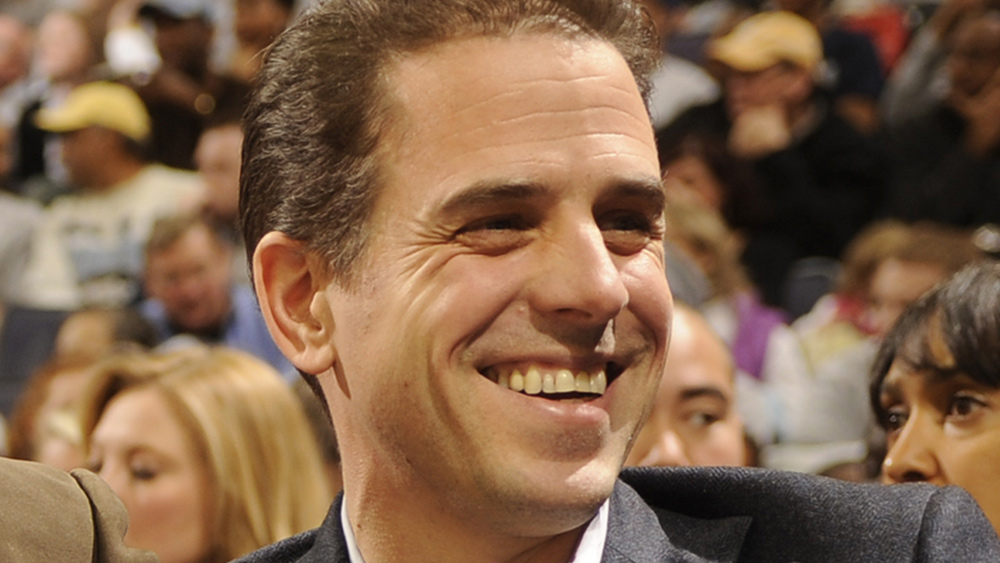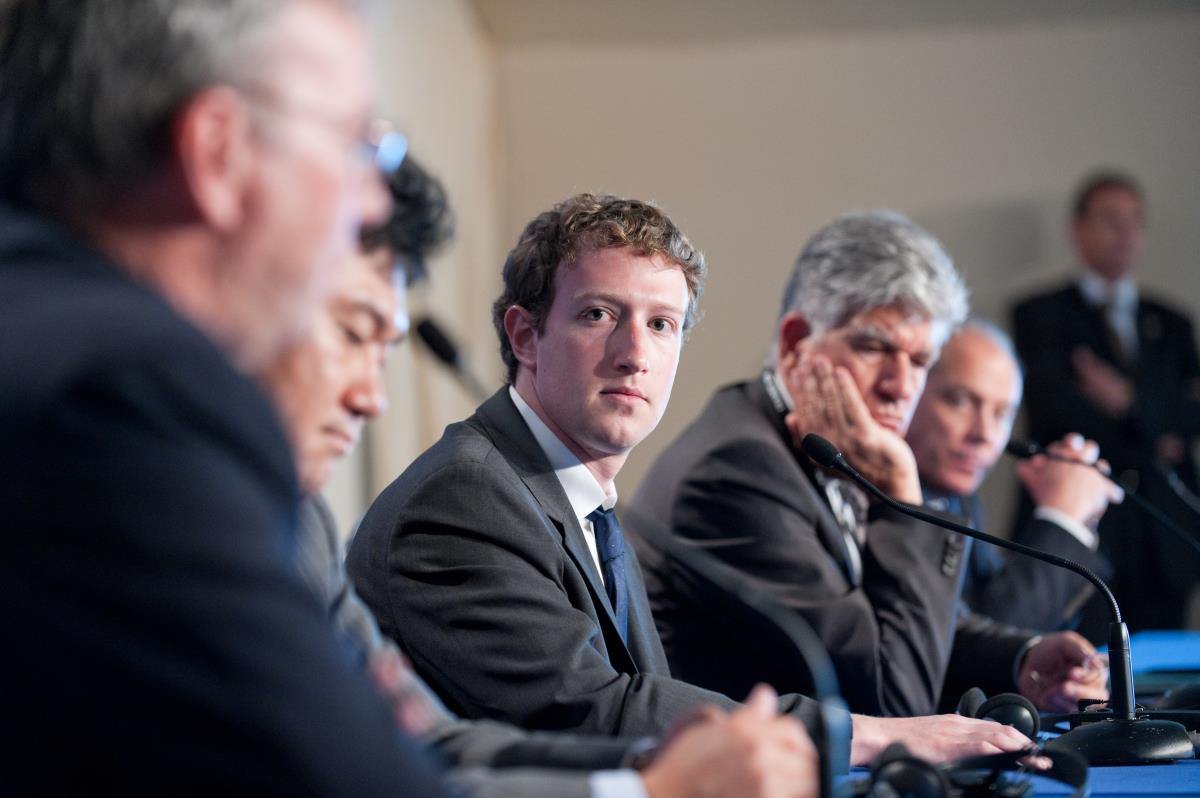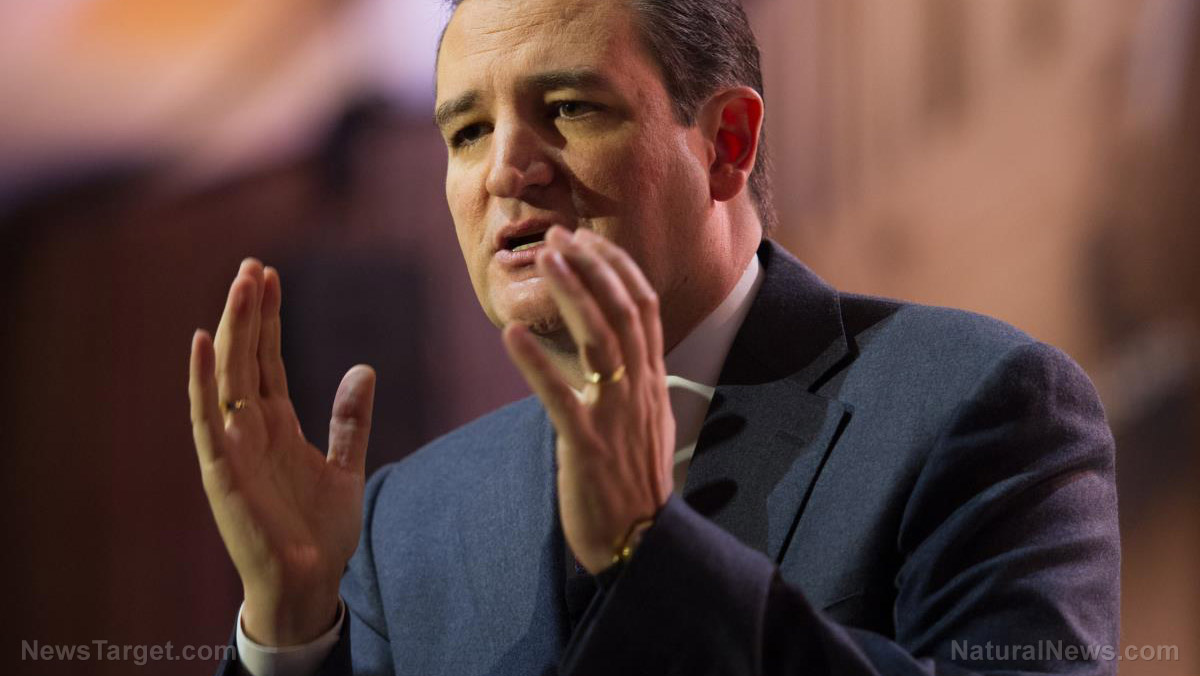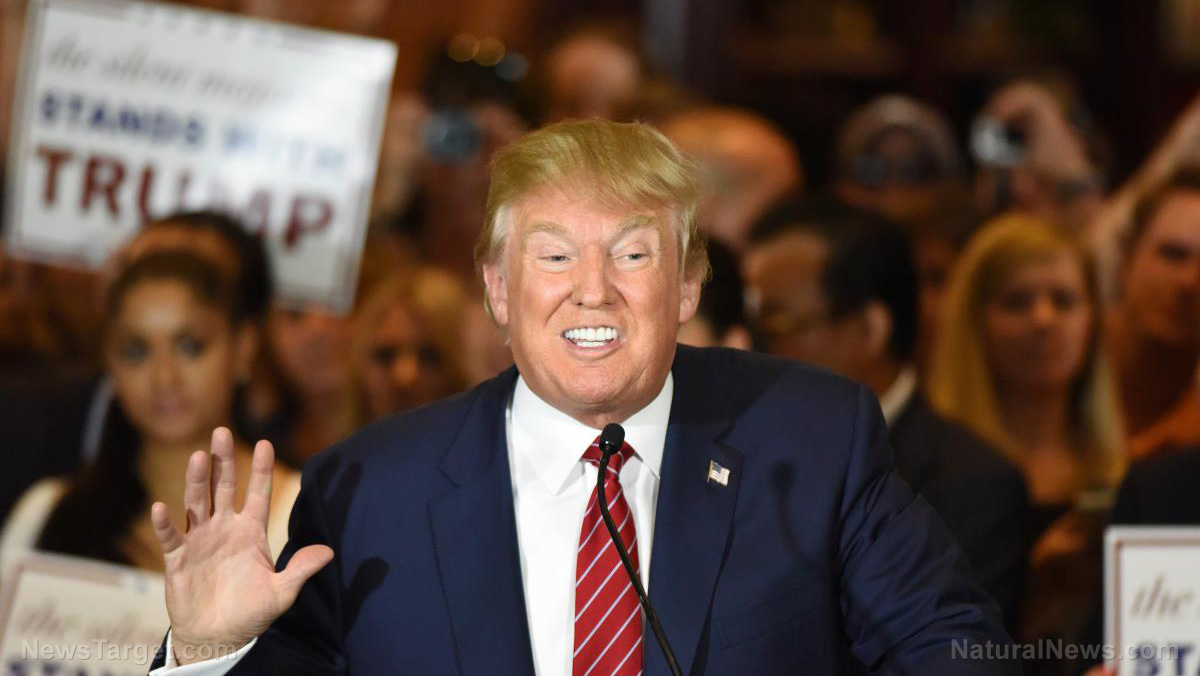FCC to release Section 230 clarifications following Big Tech censorship of New York Post story
10/27/2020 / By Ramon Tomey

The Federal Communications Commission (FCC) announced that it would clarify Section 230 of the Communications Decency Act of 1996 after social media giants censored two New York Post articles. Section 230 currently gives special immunities to Big Tech companies that exempt them from liability arising when they take down content on their platforms. The announcement came after Facebook and Twitter blocked two stories by the Post about emails of Hunter Biden’s overseas business dealings.
In an Oct. 15 statement, FCC Chairman Ajit Pai acknowledged calls by all three branches of the federal government to clarify what Section 230 means. The chairman said the FCC’s general counsel informed him of the commission’s legal authority to interpret the section, which he intended. According to Pai, “many advance an overly broad interpretation that, in some cases, shields social media companies from consumer protection laws in a way that has no basis in the [section’s] text.”
Pai ended his statement by saying: “Social media companies have a First Amendment right to free speech. But they do not have a First Amendment right to a special immunity denied to other media outlets, such as newspapers and broadcasters.”
Pai’s announcement to clarify Section 230 follows Facebook and Twitter’s move to censor two stories by the Post about Hunter Biden’s business deals with Ukrainian and Chinese companies. One of the emails involving Hunter and a Ukrainian executive contradicted a statement by Hunter’s father, Democratic presidential candidate Joe Biden, saying that he did not talk about his son’s dealings.
Critics claim that the social media giants’ suppression of the Post’s articles constituted “election interference” to favor a Democratic victory in the Nov. 3 presidential elections.
Pai seeks to clarify what Section 230 means, while Trump wants it revoked entirely
Supreme Court Justice Clarence Thomas inspired Pai to clarify the section; the magistrate said Oct. 13 that “extending Section 230 immunity beyond the natural reading of the text can have serious consequences.”
Meanwhile, several Republicans – including President Donald Trump – argue that the law acts as a license for Big Tech to suppress conservative views. The president lamented how Facebook and Twitter “took down the story of ‘Smoking Gun’ emails” related to the Bidens in an Oct. 15 tweet and called to repeal Section 230 in the same post.
In May, Trump signed the Executive Order on Preventing Online Censorship to penalize Big Tech for suppressing conservative viewpoints. According to the order, Section 230 was not drafted to “allow a handful of companies to grow into titans controlling vital avenues for our national discourse under the guise of promoting open forums for debate, and then to provide those behemoths blanket immunity when they use their power to censor content and silence viewpoints that they dislike.”
Currently, Section 230 empowers tech companies to moderate content appearing on their platforms, and protects them from any liability stemming from illegal content posted by users.
A month after Trump signed the executive order, another Republican introduced a bill to curtail Big Tech censorship powers. The Limiting Section 230 Immunity to Good Samaritans Act by Missouri Sen. Josh Hawley removes the protections technology companies receive under the section—unless they operate in good faith and equally apply their platforms’ censorship rules regardless of political leaning.
Hawley’s bill also permits individuals to sue these companies for breaching this rule and selectively ban content on their platforms. Plaintiffs who win suits against Big Tech companies will receive $5,000 and legal fees.
These much-needed moves to curtail conservative censorship by technology titans under Section 230, especially during the critical election period, have definitely been a long time coming.
Sources include:
Tagged Under: banned, Biden emails, Biden scandal, Big Tech, big tech censorship, Censorship, Communications Decency Act, Donald Trump, Federal Communications Commission, free speech, freedom, Hunter Biden, internet censorship, Joe Biden, New York Post, President Trump, Section 230, social media platforms, social networks, tech giants, Tyranny
RECENT NEWS & ARTICLES
COPYRIGHT © 2017 BigTech.news
All content posted on this site is protected under Free Speech. BigTech.news is not responsible for content written by contributing authors. The information on this site is provided for educational and entertainment purposes only. It is not intended as a substitute for professional advice of any kind. BigTech.news assumes no responsibility for the use or misuse of this material. All trademarks, registered trademarks and service marks mentioned on this site are the property of their respective owners.

